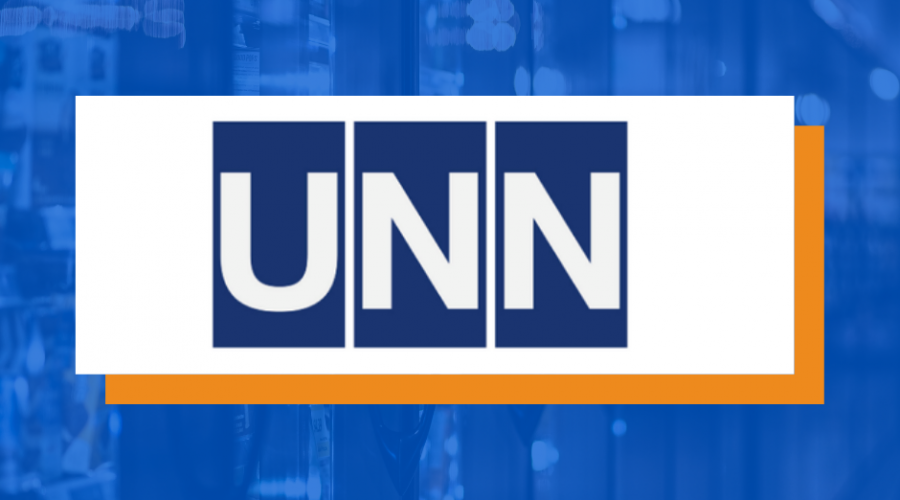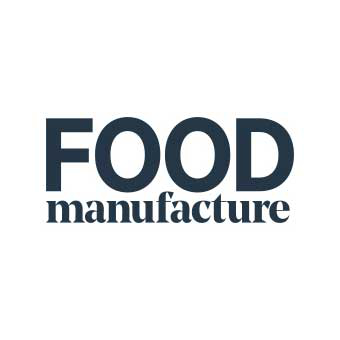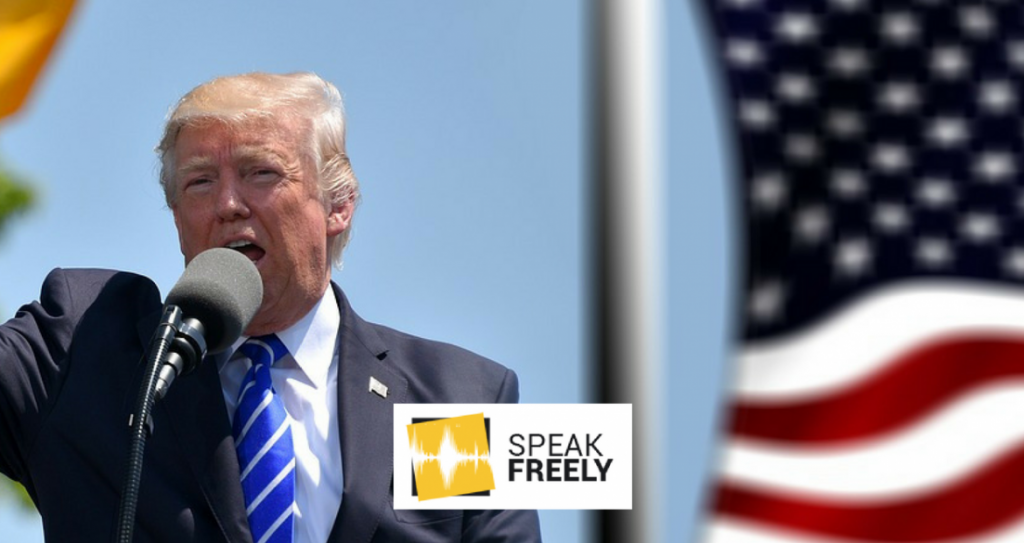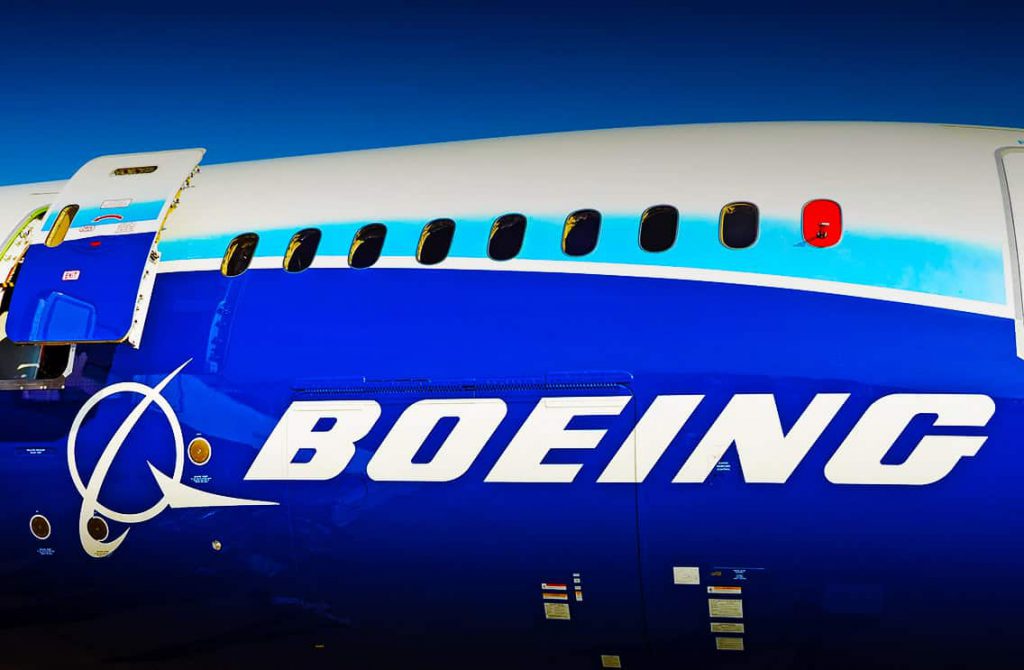
КИЇВ. 19 березня. УНН. Незабаром Україна отримає шанс збільшити експорт курятини в Європу. Це станеться, якщо Європарламент схвалить домовленість сторін про зміну угоди про зону вільної торгівлі. Від позитивного рішення ЄП виграє європейський споживач, який отримає великий вибір продукту за низькою...

As the Brexit no-deal vote and the deadline itself approach, expectations of the UK seizing this opportunity and reclaiming its trading heritage are heating up. What will a post-Brexit UK choose: being a global advocate of free trade or a protectionist ex-EU...

A spokeswoman for the Consumer Choice Center said: “Imposing any tariffs on food will not only put another burden on British consumers and increase the costs of Brexit, but will also send a signal to the rest of the world that...

During European Commission president Jean-Claude Juncker’s visit to Washington D.C, Donald Trump once again suggested a tariff-and subsidy-free trade area between the European Union and the United States. Yet, the American president continues to fall on deaf ears, for reasons...

A stinging rebuke by the U.S. International Trade Commission last month was a hard defeat for Boeing. The American aircraft manufacturer brought a case to the U.S. Department of Commerce last fall in hopes of sinking a deal with their...
Free Trade For Us is a single-issue campaign produced by the Consumer Choice Center and supported by partners to raise awareness about the positive impact of free trade and to show policymakers all over the world that the millennial generation is united against tariffs, trade barriers, and retaliatory measures that only hurt consumers and workers.
© Copyright 2018 All Rights Reserved